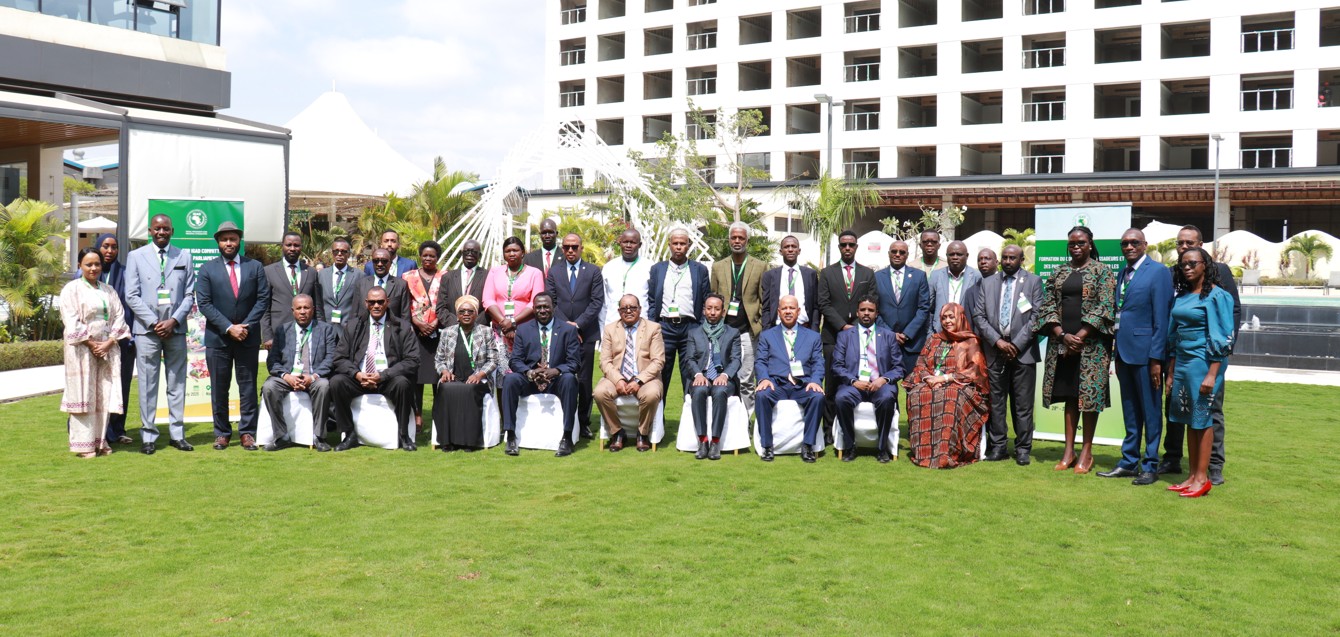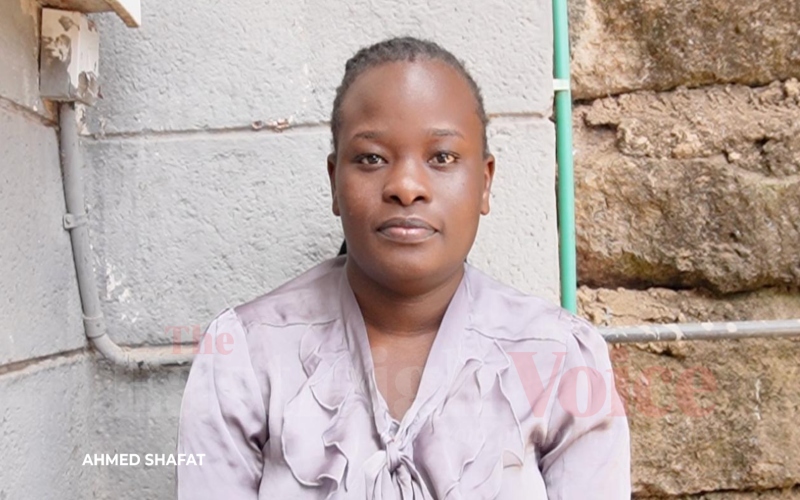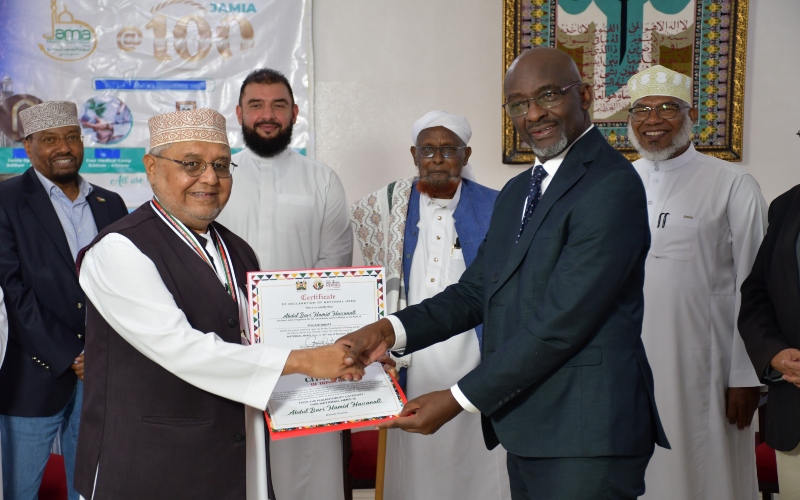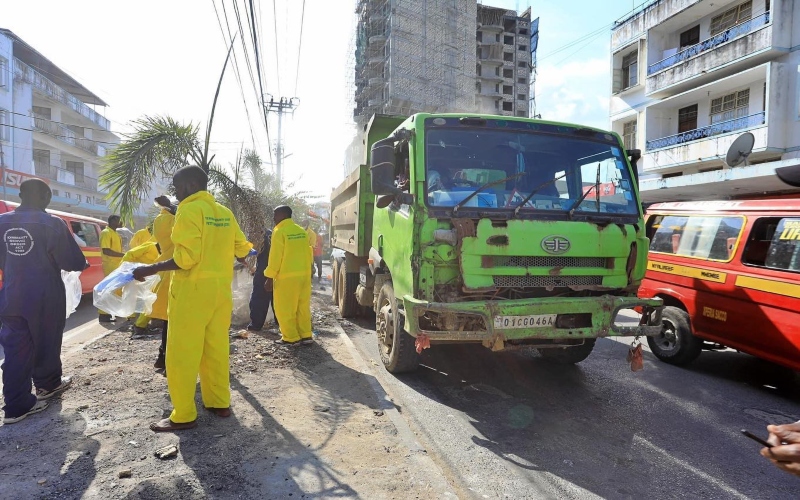IGAD experts warn of policy gaps undermining Africa’s push to end hunger, poverty by 2025

The ongoing four-day IGAD meeting in Nairobi, which began on July 28, aims to endorse this strategy, strengthen partnerships, and form a working group tasked with driving the implementation of the policy declarations.
Development experts have raised alarm over significant gaps in the implementation of policies aimed at boosting agricultural production, combating hunger, and reducing poverty across the region.
Speaking Monday in Nairobi, delegates from the Intergovernmental Authority on Development (IGAD)—including ambassadors and parliamentarians—voiced concern about the uneven progress in agriculture among member states.
More To Read
- IGAD demands action to protect civilians as Sudan conflict escalates
- East Africa to simplify cross-border travel and work through IGAD single visa initiative
- Report paints Africa’s grim reality on poverty, inequality reduction
- IGAD states pledge to protect migrants from trafficking and exploitation
- Garissa Governor Nathif Jama sounds alarm over Dadaab crisis at IGAD conference
- IGAD Chief urges action over irregular migration, joblessness in Horn of Africa
A key reason for the disparity, they noted, is the failure to fully implement jointly endorsed policies, such as the 2014 Malabo Declaration.
The Malabo Declaration, adopted by the African Union, outlines ambitious targets for agricultural transformation in Africa by 2025. These include ending hunger, reducing poverty, and increasing intra-African trade in agricultural goods.
The declaration also calls for specific policy actions: allocating at least 10 per cent of national budgets to agriculture, achieving six per cent annual agricultural GDP growth, halving poverty through inclusive agribusiness, tripling trade in agricultural products within Africa, and improving climate resilience.
It further emphasises secure land governance, youth employment, and mutual accountability through a Biennial Review (BR) process to track progress and guide reforms.
Slow and inconsistent
In his remarks, IGAD’s Director for Economic Cooperation and Regional Integration, Mohy Tohami, expressed concern over the slow and inconsistent pace of implementation across member states.
He said, “Despite having frameworks in place, many countries, as per the latest review, have yet to fully operationalise the policies outlined in previous declarations.”
“At the 2024 AU Assembly, Africa was declared off-track on the 2025 Malabo targets,” Tohami added.
This conclusion is drawn from the most recent Biennial Review of the Comprehensive Africa Agriculture Development Programme (CAADP), a continent-wide initiative overseen by the African Union Commission to monitor progress in agricultural development.
The fourth review, covering 2015 to 2023, revealed major setbacks. Out of the 49 African Union member states that submitted reports, only 19 were on track to meet the Malabo targets by 2025. Thirty countries were off-track, while six failed to submit reports altogether.
Weak performance
The review, endorsed by African heads of state during the 37th AU Assembly in February 2024, highlighted weak performance in key areas, including public agricultural spending, intra-African agricultural trade, and climate adaptation.
In the IGAD region, countries like Kenya and Ethiopia were cited as having policy gaps, particularly in areas such as cross-border trade, infrastructure development, and the management of shared natural resources, especially transboundary water and fisheries.
These countries also face challenges in harmonising policies on customs, transportation, and communication, which further hampers regional integration.
IGAD Foreign Service Institute Director, Mohamed Omar Djama, called on member states to renew their commitment to coordinated action, increased investment, and effective implementation of regional goals.
IGAD is responding by adopting a new CAADP Strategy for 2026–2035, known as the Kampala Declaration. Adopted earlier this year, it outlines a ten-year plan to bolster agricultural resilience and eliminate hunger within member states.
The ongoing four-day meeting in Nairobi, which began on July 28, aims to endorse this strategy, strengthen partnerships, and form a working group tasked with driving the implementation of the policy declarations.
Top Stories Today













































